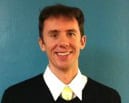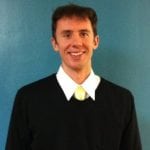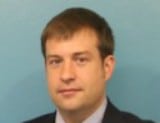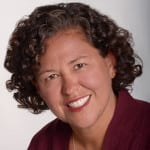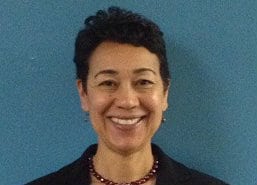This post is the second in a deeper learning series following a recent AYPF trip to Oakland, California.
AYPF has always taken to heart that simply providing young people with a basic understanding of academic facts and concepts is only part of what they need to be successful. Students need to learn a wider range of skills to be college and career ready, and they need an education that makes learning meaningful by connecting academic knowledge with their own lives, interests, and opportunities within their community; that allows them to learn from and collaborate with their peers, and to learn to solve problems and communicate effectively.
As mentioned in the previous blog post, AYPF has organized a series of study tours to observe schools focused on deeper learning, the most recent of which led us to Oakland, CA. Across the district in 2012-2013, only about 53% of Black and Hispanic students graduated. Statewide, only 8% of Black students and 9% of Latino students enroll in a California institution of higher education. Despite these statistics, two schools that embrace the elements of deeper learning, Envision Academy, a public charter school, and Life Academy, a traditional public school, are achieving positive outcomes for students, most of which are low income students of color. Envision Academy sent 98% of its students to college with an 86% persistence rate. Life Academy had a graduation rate of 71%, and 87% of its graduates completed all courses required for University of California/California State University admission.
Both schools do a number of things differently from other Oakland high schools as described in a series of case studies out of Stanford. Two aspects of their models stand out in particular. First, the schools engage a wide range of community partners to offer students rich instruction that is connected to the real world and the students’ lives. Both schools had robust internship programs in which students connected with local employers. At Life Academy, students participate in rigorous multi-year internships focused on career themes. During the trip, participants visited Oakland Children’s Hospital and the CHAMPS program, where students worked alongside full time hospital staff in multi-year internships. Students were able not only to observe, but work as a member of the staff. This experience complemented courses during the school day and gave students targeted experience in a potential health career field of interest. Following the internship, students could say far more than just, “I want to be a doctor.” They could articulate what branch of medicine they are interested in, what degrees they need to attain, and how their strengths and weaknesses align with that field.
Second, teachers within both schools looked beyond traditional measures of success to assess student work and inform their instruction. While the schools still exist within the context of a standardized test-based assessment and accountability system, teachers and administrators have made a concerted effort to engage students in deeper and more meaningful learning experiences and have developed rubrics and performance-based assessments that address more than just content mastery. They work to connect academic content to real world situations, often allowing students to participate in projects that extend beyond the classroom.
This project-based approach was embedded into senior portfolios, which students defended in front of a panel of judges just as if they were defending a doctorate thesis. Study tour participants observed the Envision Academy defenses, which connected academic projects to students’ lives and future career aspirations. One student shared a project in which he developed a public awareness campaign, highlighting the dangers of alcohol consumption. In that project, he studied the science behind alcohol, developed a public service announcement to inform others, organized a play, and integrated multimedia art into his presentation. As he shared his project, he also spoke critically about his strengths, areas for growth, and strategies for reaching his future goals. It was clear that students were accustomed to a culture of formative assessment in which they used rubrics to measure their progress and adjust accordingly.
While each school implemented this work slightly differently, the goal of their efforts was the same. Every individual in both buildings understood that in order for students to succeed in school, work, or in life, they needed far more than rote memorization. They needed opportunities to apply their learning and develop the deeper learning skills that have been missing in our classrooms for too long.
Stay tuned for part 2 of Andrew Valent’s deeper learning series, which will highlight policy implications of deeper learning practices.
Andrew Valent is a Program Associate at the American Youth Policy Forum


